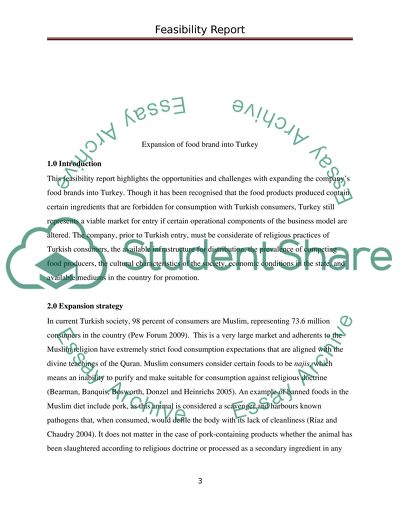Cite this document
(“Marketing Across Cultures (details see instruction) Essay”, n.d.)
Marketing Across Cultures (details see instruction) Essay. Retrieved from https://studentshare.org/marketing/1479568-marketing-across-cultures-details-see-instruction
Marketing Across Cultures (details see instruction) Essay. Retrieved from https://studentshare.org/marketing/1479568-marketing-across-cultures-details-see-instruction
(Marketing Across Cultures (details See Instruction) Essay)
Marketing Across Cultures (details See Instruction) Essay. https://studentshare.org/marketing/1479568-marketing-across-cultures-details-see-instruction.
Marketing Across Cultures (details See Instruction) Essay. https://studentshare.org/marketing/1479568-marketing-across-cultures-details-see-instruction.
“Marketing Across Cultures (details See Instruction) Essay”, n.d. https://studentshare.org/marketing/1479568-marketing-across-cultures-details-see-instruction.


